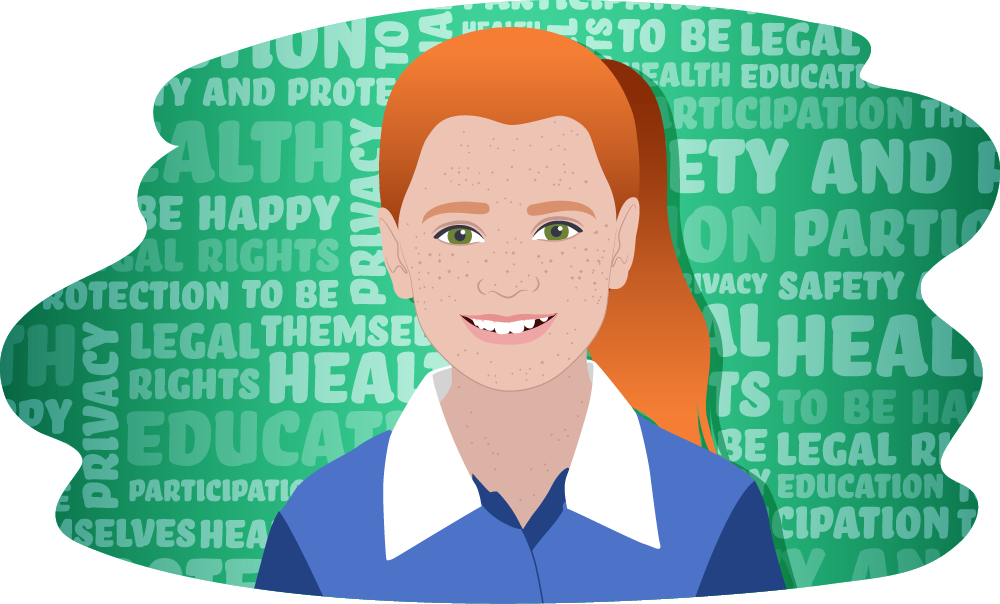Empowering young people to ask for help
Being able to ask for help when you need it is an ...
READ MEChildren need rights in order to live a full life. Rights apply to all children, regardless of identity, wealth or location.

Their rights include:
Interested in learning more about the rights of children? Check out UNICEF's breakdown here.
The main guiding principles are focused on:
In Australia, these rights are also protected through legislation and other acts of parliament.
If you think a child’s rights are being violated, it’s important to seek support. The type of support might depend on how their rights were violated. Here are some places that can help:
Services that protect children, such as Kids Helpline or the relevant child protective service in your state and territory
Specialist groups and organisations provide support and advocacy for different rights, and represent different groups, e.g. the Disability Advocacy Rights Service
Legal services, such as Youth Law Australia and Family Legal Aid
The Australian Commission of Human Rights protects and promotes human rights and can provide information and support
If you are a parent or carer, you can contact Parentline in your state or territory for advice and support.
If your kids need extra support, encourage them to call Kids Helpline and talk to a counsellor.
They can contact us today by giving us a call, starting a WebChat or sending us an email.
Empowering young people to ask for help
Being able to ask for help when you need it is an ...
READ MECommunication tips
Young people often tell Kids Helpline they find it difficult to communicate ...
READ MEHow Kids Helpline can help your child
Curious about what Kids Helpline does and how it can help? We’...
READ MEHow Parentline can help you
Parenting can be a tough job but also really rewarding. Talking to ...
READ METalking helps! We’re here for your kids.
No problem is too big or too small.
We're here 24 hours a day, 7 days a week